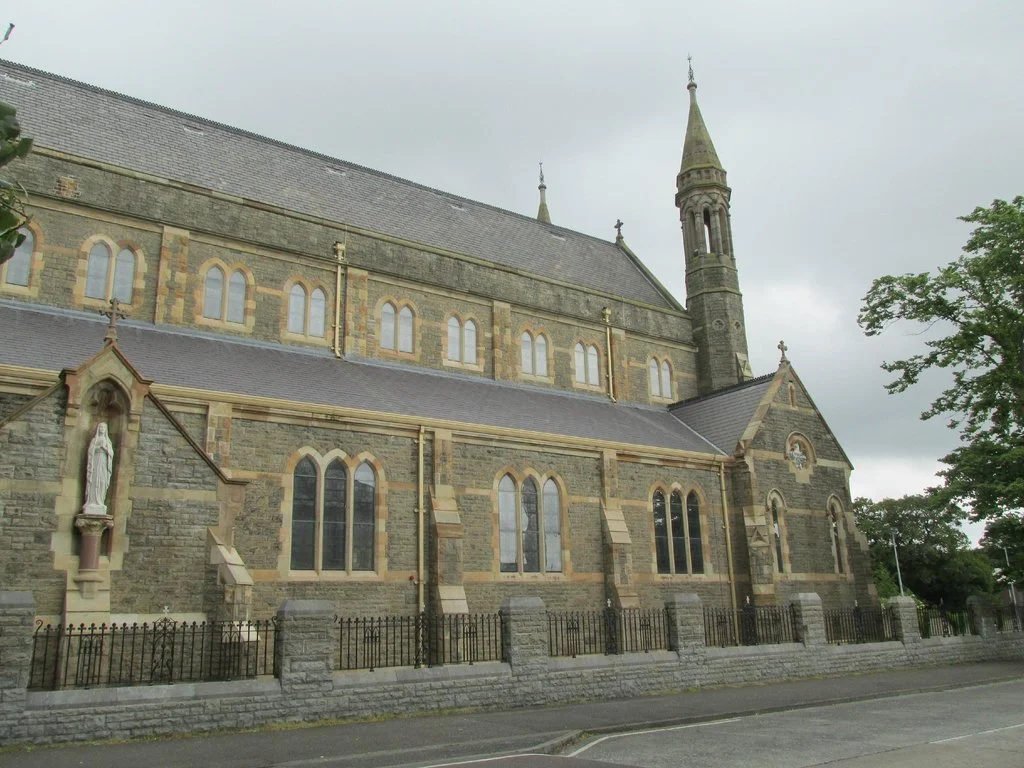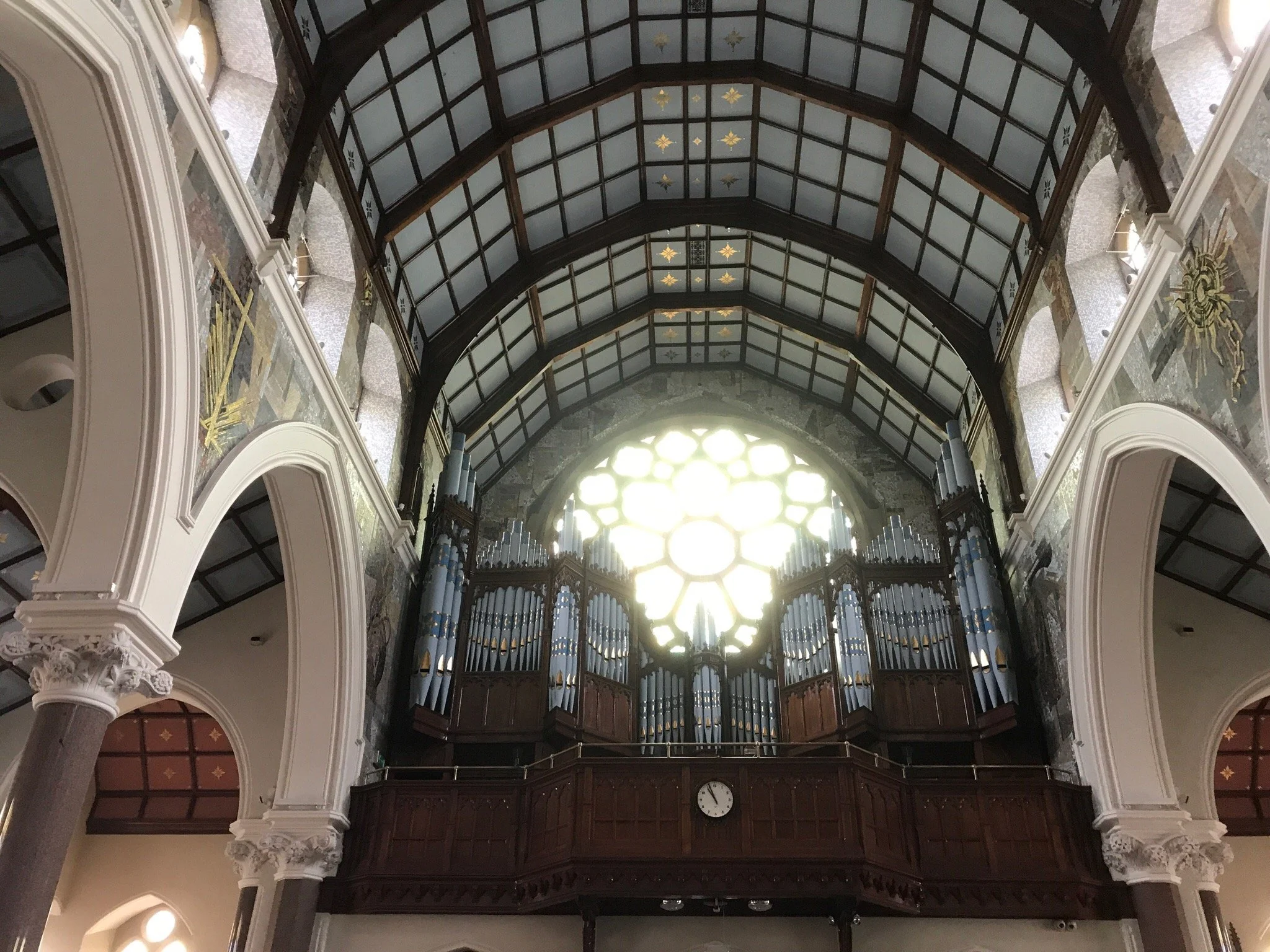Clonard Monastery is a Catholic church and monastery located off Falls Road in Belfast, Northern Ireland, home to the Redemptorist community of the religious order.
History
In the late 19th century in Belfast, the Catholic population grew to such an extent. to such an extent that providing pastoral support to the working class was virtually impossible for members of the diocesan clergy. Bishop Down and Connor Henry Henry invited the Redemptorist religious order to come to Belfast in 1896.
 |
| Clonard Monastery |
They originally built a small pewter church on the grounds of Clonard House in 1897. In 1890, a monastery in the early French Gothic style was opened on this territory, and in 1911 the Church of the Holy Redeemer was opened on the territory, which replaced the pewter church.
Religious piety
Over the years, the monastery has promoted a number of initiatives in the area of religious piety. One of the first was the establishment of brotherhoods for men and women. They included a mix of religious services and teaching and were extremely popular. However, due to the downsizing, the women's fraternity ceased to function in 2019, although the men's organization continues to operate.
 |
| Clonard Monastery |
It continues to host the annual Novena, which attracts over 100,000 pilgrims, Catholics and Protestants from different countries. throughout Ireland.
Contemporary pastoral ministry
In 1981, members of the Redemptorist community in Clonard established links with the Fitzroy Presbyterian Church near Queen's University, Belfast in the south of the city, and the monastery became a center for peacemaking and reconciliation. Secret conversations between John Hume and Jerry Adams took place in the rooms of the complex, while broader interfaith conversations contributed to the 1994 IRA ceasefire.
 |
| Clonard Monastery |
Clonard is also used as a music venue for many of the city's festivals, primarily but not exclusively Féile an Phobail.
